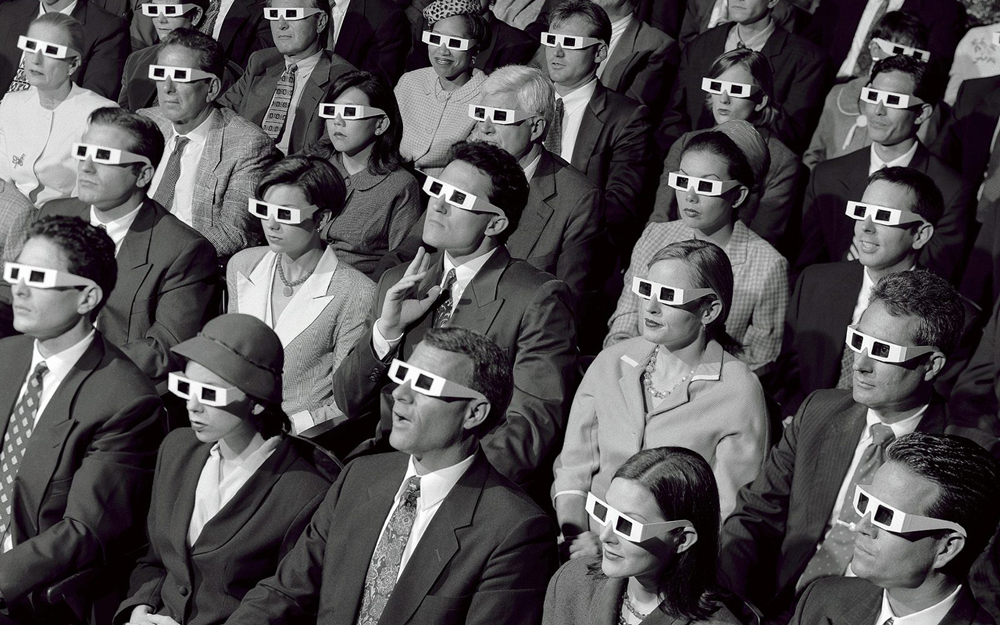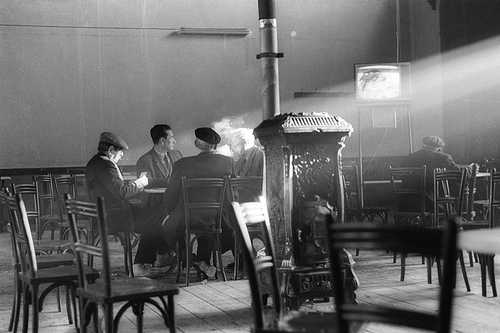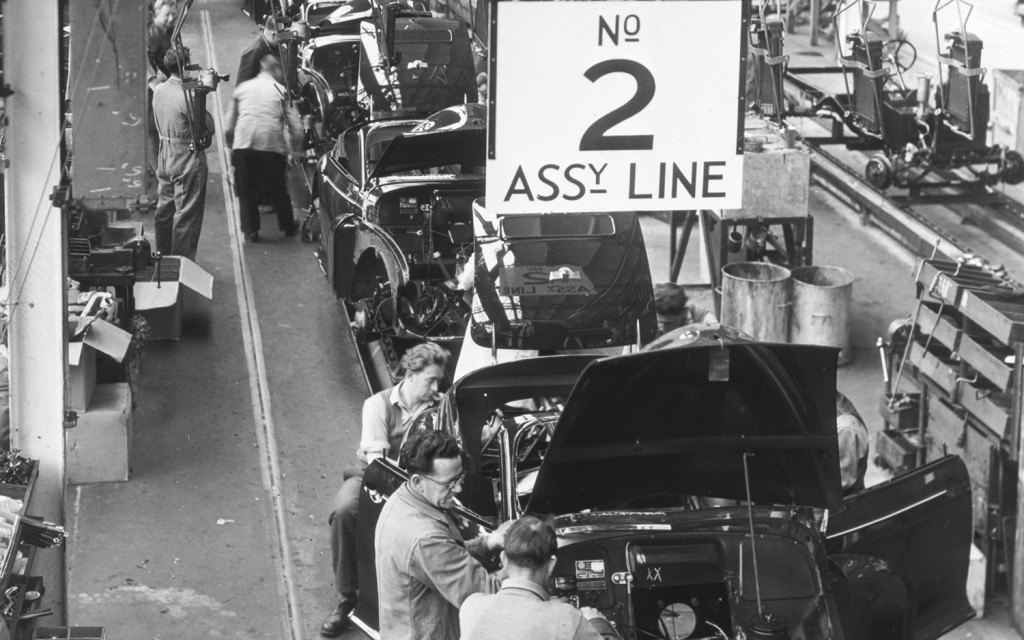Cost disease is often cited as an economic phenomenon that poses particular challenges in the arts, especially the live performing arts. In a nutshell, here is the theory: productivity is defined as the value of output produced per worker. Rising income over time depends upon rising productivity: if the economy is not producing more output, it cannot earn higher incomes. We earn more per person than our grandparents did because we produce more. Productivity has risen over time because we have more capital stock (machines and buildings and … [Read more...]
Archives for 2013
Today in background noise
Reported today on Artsjournal.com: Researchers report the soothing sounds of a Mozart minuet boosts the ability of children and seniors to focus on a task and ignore extraneous information. (Pacific Standard) Reported today on Artsjournal.com: Researchers "found that a level of ambient noise typical of a bustling coffee shop or a television playing in a living room, about 70 decibels, enhanced performance compared with the relative quiet of 50 decibels" (New York Times) Bonus video: http://www.youtube.com/watch?v=j5Y4wVWz-AQ … [Read more...]
Exit, voice and prices
In the New Yorker this week, Malcolm Gladwell reviews (with high praise) a new biography by Jeremy Adelman, Worldly Philosopher: The Odyssey of Albert O. Hirschman. I have not read the biography, but I do highly recommend Gladwell's essay. One of Hirschman's most famous works is Exit, Voice, and Loyalty. What do we do when we become unhappy in one of our business relationships: a coffee shop whose service is not as friendly as it used to be, a workplace that has become problematic? Traditional economic theory as taught in textbooks answers: … [Read more...]
Event planning
At the Freakonomics blog, thinking about how to generate revenues from creative goods when digital copies are so readily available: Products – especially digital ones – are often very easy to copy. But experiences can be highly copy-resistant. Just think of music: it’s easy to pirate a song, but it’s very difficult to effectively pirate a live show. The Los Angeles Times reports on a package deal to fans waiting for World War Z: The package will include an advance screening in RealD 3-D of the Brad Pitt movie at select theaters nationwide … [Read more...]
Scaling the airplane
In my previous post I wrote about companies offering superior levels of service (for a price) that necessarily involve making the service worse for other customers, such as offering a deal that allows high-paying customers to cut in line where there is a queue. Here is another example. Airlines are trying to further price discriminate in seating. The old model of simple differentiation between business and coach class is giving way to finer gradations in the coach section, where passengers can pay for extra legroom. But just as there is no … [Read more...]
Paying for position
The New York Times reports on Universal Studios Hollywood: It has introduced a $299 V.I.P. ticket, just in time for the summer high season, that comes with valet parking, breakfast in a luxury lounge, special access to Universal’s back lot, unlimited line-skipping and a fancy lunch. V.I.P. visitors also receive “amenity kits,” which include mints, a poncho to wear on the “Jurassic Park” water ride and bottles of hand sanitizer. Disney still serves up its roller coasters the old-fashioned way — one rank for everyone, white collar next to … [Read more...]
The enduring mystery of scalpers
I posted re scalpers a few weeks ago. The forthcoming New York Times magazine has a story on ticket resale. It is, well, unsatisfying. The problem at hand is this: if so much money is to be made through ticket resale, why have the artists or concert promoters not done what they can to capture that money? Why leave it on the table for scalpers and StubHub? Put in other terms, why aren't initial ticket prices closer to the level where the resulting demand would more closely approximate the capacity of the venue? From the Times: [Bruce] … [Read more...]
Two-part pricing in the cafe
The Huffington Post reports: A new cafe in Wiesbaden, Germany is proving the old adage that time is money. Instead of charging for coffee, Slow Time Cafe is charging for time. When customers enter the cafe, they are given a wristband with the time, and charged €2.00 (about $2.59), which covers the first half hour. Then, they are charged €0.05 per minute ($0.06), or €3.00 per hour ($3.88). They are allowed to have as much coffee as they want, and can bring in their own food. Can this make sense? I've posted about the two-part pricing … [Read more...]
Efficiency and Innovation
Yesterday I posted on recent economic research regarding women's and men's wages, and the impacts, perceived or real, on marriage and family. I would be writing up another post on pricing, the ostensible topic of this blog, were it not for a new post by economist Emily Oster at Slate on the household division of labor. She asks whether it is efficient for partners in a household with children to specialize, one in the market workforce and the other managing the household (trivia: the etymology of "economics" is from the Greek for household … [Read more...]
Breadwinners
My day job is teaching applied economics to students in the Masters program in Arts Administration at Indiana University (including the topics I cover in this blog). Ours is a residential program, and the students are for the most part young, with only a few years in the work force, if any, and they are looking to launch a career in arts management. The class is typically over 90% female. What should I tell my students about gender in the workplace and at home? Two recent studies are relevant. The first comes from Marianne Bertrand, Emir … [Read more...]









